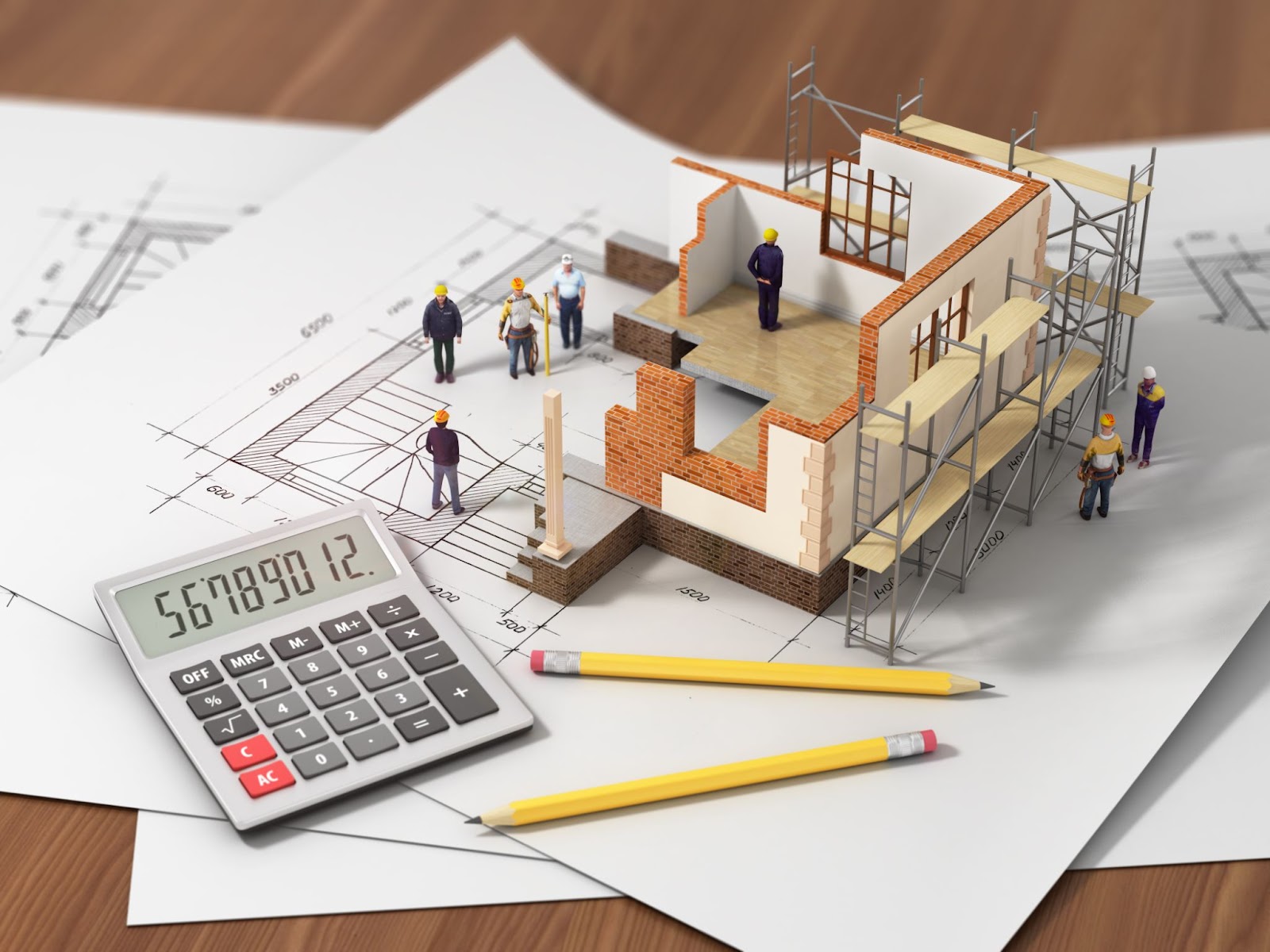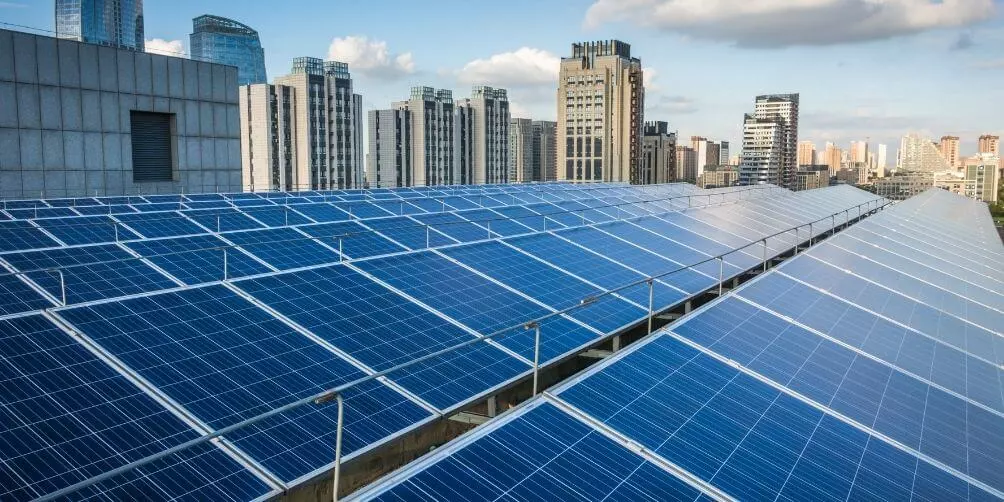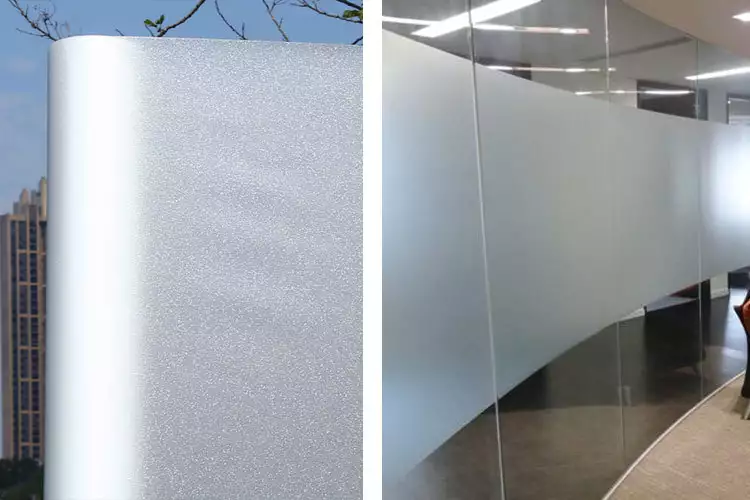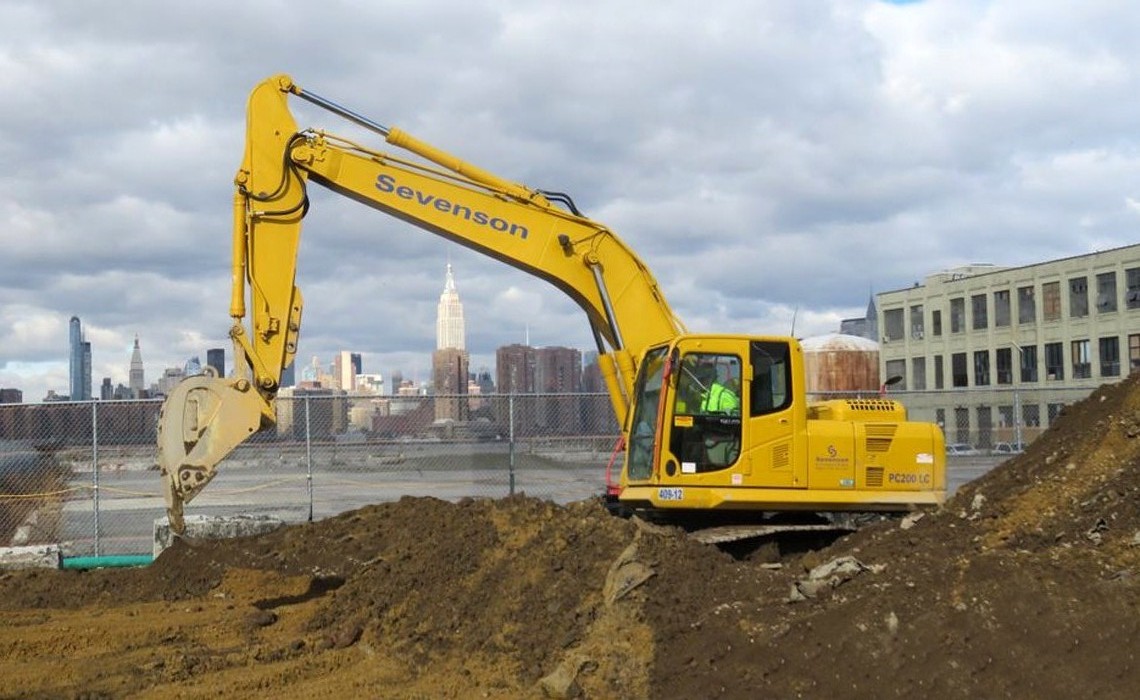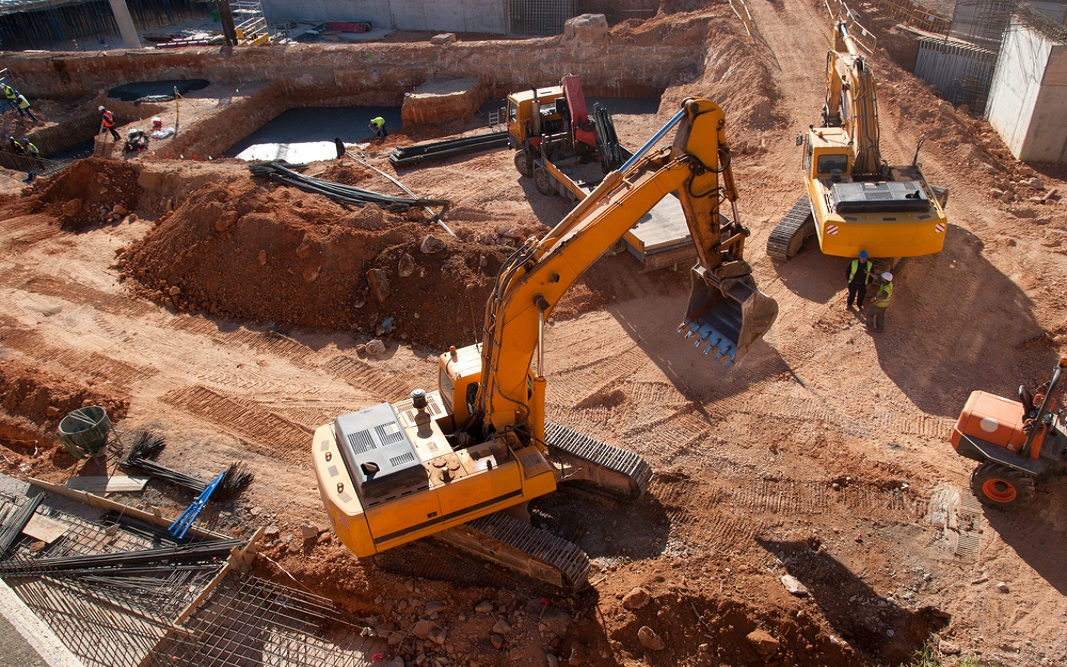Building your dream home is exciting, but securing a construction loan can feel overwhelming. Unlike traditional mortgages, construction loans have unique requirements and eligibility criteria. Understanding how to qualify can save you time, reduce stress, and improve your chances of approval.
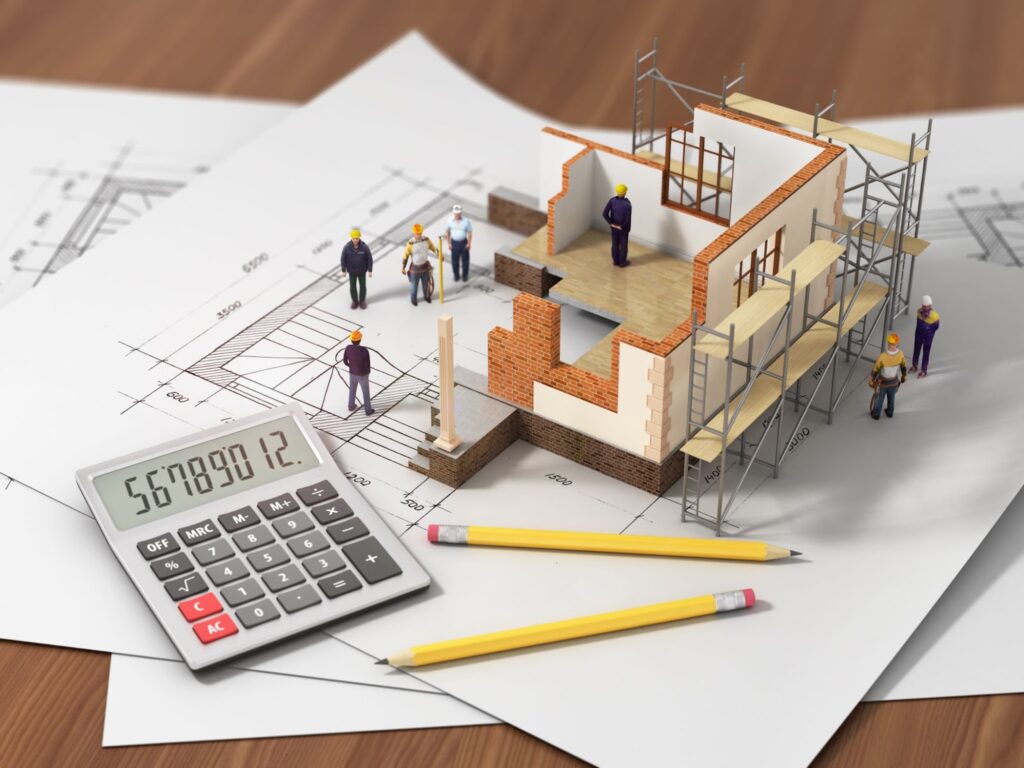
Content
What Is a Construction Loan?
A construction loan is a short-term, temporary loan used to finance the construction or major renovation of a home. Funds are typically released in stages, known as draws, as construction milestones are completed. Many construction loans are interest-only during the building period and can convert into a permanent mortgage after the project is finished.
Credit Score Requirements
Your credit score is one of the most important factors in qualifying for a construction loan. Lenders want to ensure you are financially responsible and capable of repaying the loan.
- Minimum Credit Score: Most lenders require a score of at least 620.
- Better Rates: A score above 720 usually qualifies you for lower interest rates and better loan terms.
- Tip: Pay down existing debt and avoid new loans before applying to improve your credit score.
Down Payment Requirements
Construction loans typically require a larger down payment than traditional mortgages:
- Standard Requirement: 20–25% of the total project cost.
- Why Higher? Lenders assume more risk because the home is under construction and cannot serve as full collateral initially.
- Tip: Save additional funds to cover potential cost overruns during construction.
Documentation Needed to Qualify
To qualify for a construction loan, you’ll need to provide detailed financial and project documentation:
- Construction Plans: Detailed blueprints and cost estimates from a licensed contractor.
- Builder’s Contract: A signed agreement outlining project scope, timeline, and costs.
- Financial Statements: Proof of income, assets, and liabilities.
- Permits and Approvals: Local permits confirming that construction is allowed.
- Insurance Coverage: Builder’s risk insurance or similar policies may be required.
Tip: Having a complete and organized package of documents speeds up approval and builds lender confidence.
Other Factors Lenders Consider
Besides credit score, down payment, and documentation, lenders also evaluate:
- Debt-to-Income Ratio (DTI): Ideally below 45% for most lenders.
- Project Viability: Realistic budget, timeline, and quality of the contractor.
- Experience: Some lenders prefer borrowers who have previously managed loans or construction projects successfully.
Tips to Improve Your Chances of Approval
- Boost Your Credit Score: Even small improvements can make a difference in interest rates.
- Save a Larger Down Payment: Reduces lender risk and improves your approval chances.
- Choose a Reputable Builder: Lenders are more likely to approve loans for experienced, licensed contractors.
- Prepare a Detailed Budget: Include contingencies for unexpected expenses.
- Shop Around: Different lenders may have varying requirements, so compare options.
Conclusion
Qualifying for a construction loans requires preparation, organization, and a clear understanding of lender requirements. By focusing on your credit score, down payment, financial documentation, and project details, you can increase your chances of approval and secure favorable loan terms. Whether you’re planning a custom-built home or a major renovation, understanding how to qualify is the first step toward turning your dream home into reality.

Shery Walls is a dedicated home blogger who has been blogging for over six years. She covers everything home related. Shery also loves writing posts about her travels to Europe with her husband and two children.

